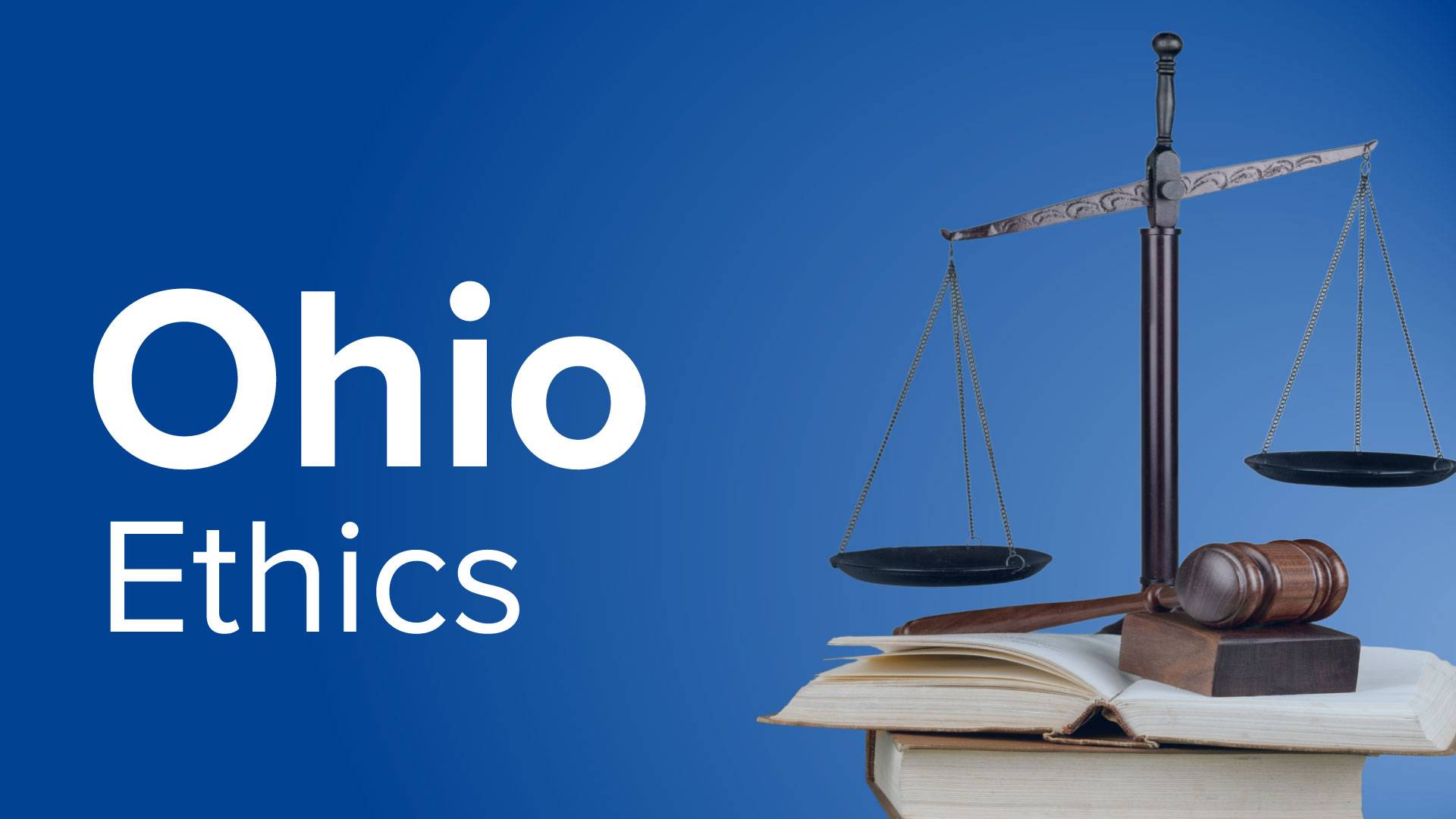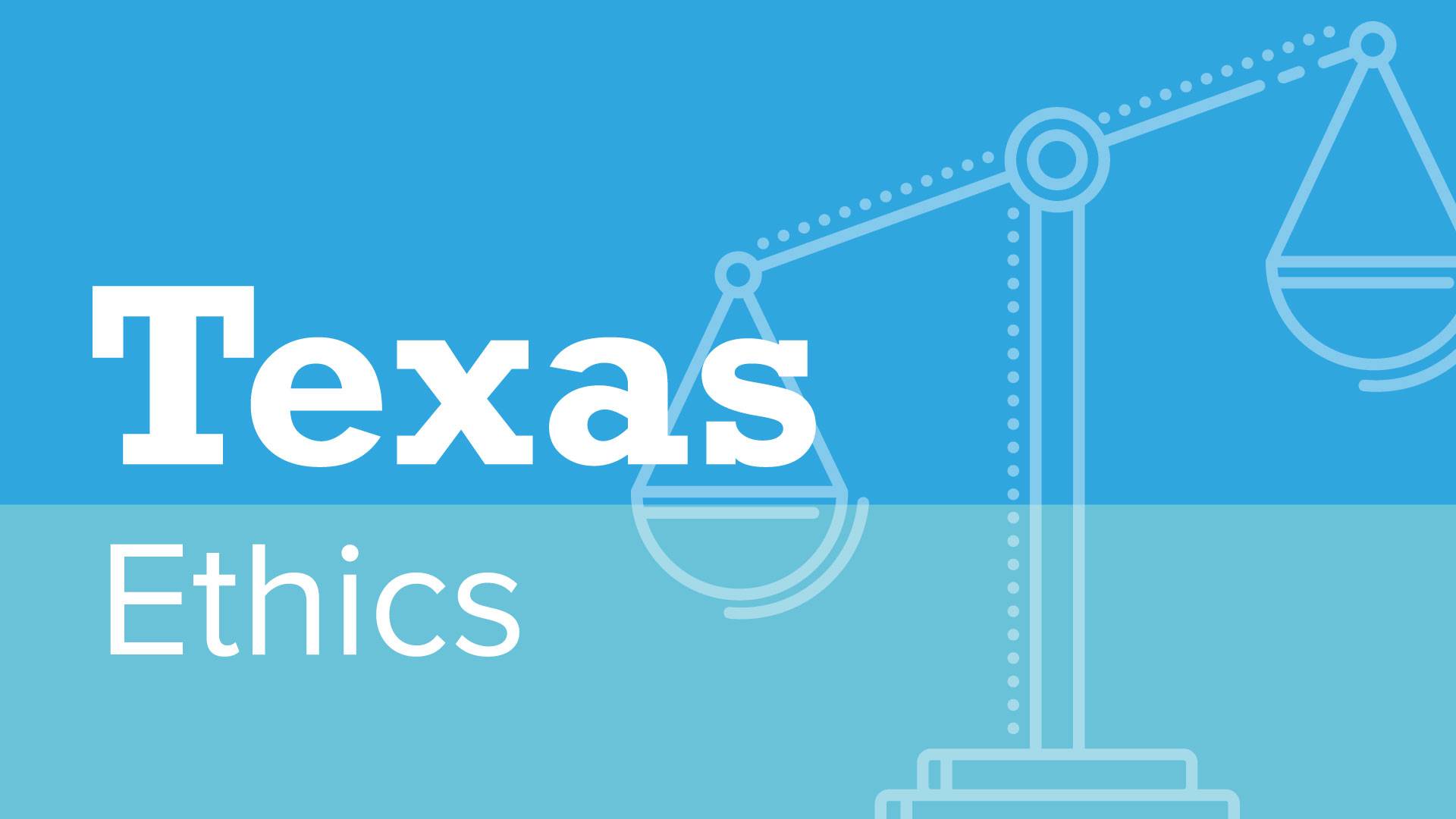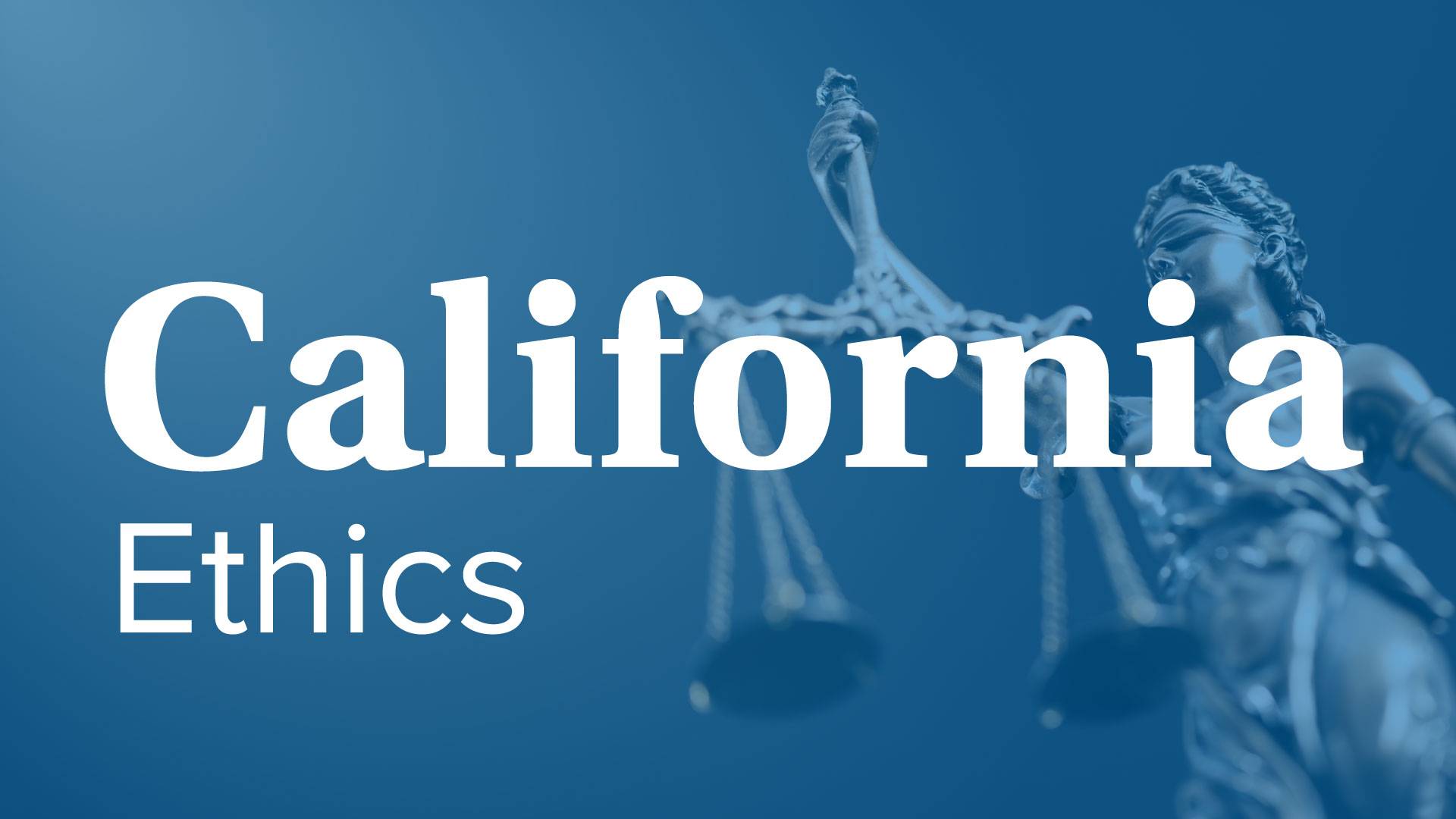Self-Study
Accountant Ethics for Ohio
Essential review for Ohio CPA Ethics and Professional Standards. Examine state regulations and ethical principles through practical scenarios while fulfilling Board requirements.

$87.00 – $107.00
Webcasts are available for viewing Monday – Saturday, 8am – 8pm ET.
Without FlexCast, you must start with enough time to finish. (1 Hr/Credit)
Please fill out the form below and we will reach out as soon as possible.
CPE Credits
3 Credits: Regulatory Ethics
Course Level
Overview
Format
Self-Study
Course Description
This Ohio CPA ethics course meets the three-hour ethics requirement of the Accountancy Board of Ohio (the “Board”). In this Ohio ethics CPE course, we explore ethical principles and values, noting how contextual factors and other issues may cause a person to adopt skewed or incorrect ethical positions. The CPE ethics course then covers ethical reasoning and its application to common accounting dilemmas. Next, we review the Board’s Laws and Rules as they apply to all aspects of professional accounting. Case studies and examples are used throughout the ethics CPE course to illustrate various ethics concepts.
Learning Objectives
Upon successful completion of this course, participants will be able to:
- Recall the component parts of the study of ethics.
- Identify the main aspects of virtue ethics.
- Recall the various rationalizations used for committing fraud.
- Recognize the organizational structure in which employees are pressured the most to accept the direction of management.
- Specify the situations under which employees may violate their own ethical standards.
- Recall the dispositions that can cause a person to engage in incorrect ethical reasoning.
- Specify the type of person who is most subject to being influenced by a self-serving person.
- Specify the process used to handle complaints about the possible violation of Board rules.
- Recall the time period required in which to respond to Board communications.
- Identify the circumstances under which confidential client communications can be disclosed.
- Specify the situations in which a client can and cannot be charged for documents that are sent to the client.
Course Specifics
SS424380344
April 7, 2025
There are no prerequisites.
None
93
Compliance Information
CFP Notice: Not all courses that qualify for CFP® credit are registered by Western CPE. If a course does not have a CFP registration number in the compliance section, the continuing education will need to be individually reported with the CFP Board. For more information on the reporting process, required documentation, processing fee, etc., contact the CFP Board. CFP Professionals must take each course in it’s entirety, the CFP Board DOES NOT accept partial credits for courses.
Meet The Experts

Steven M. Bragg, CPA, is a full-time book and course author who has written more than 300 business books and courses. He provides Western CPE with self-study courses in the areas of accounting and finance, with an emphasis on the practical application of accounting standards and management techniques. A sampling of his courses include the The New Controller Guidebook, The GAAP Guidebook, Accountants’ Guidebook, and Closing the Books: An Accountant’s Guide. He also manages the Accounting Best Practices podcast. Steven has been the CFO or controller of both public and private companies and has been a consulting manager with Ernst & Young and …
Related Courses
-
 Regulatory Ethics
Regulatory Ethics
Ethics and Professional Conduct for Texas CPAs
Joseph Helstrom, CPA QAS Self-Study
Credits: 4 $116.00
QAS Self-Study
Credits: 4 $116.00$116.00 – $136.00
-
 Regulatory Ethics
Regulatory Ethics
California Regulatory Review
Delta CPE LLC QAS Self-Study
Credits: 2 $58.00
QAS Self-Study
Credits: 2 $58.00$58.00 – $78.00
-
 Regulatory Ethics
Regulatory Ethics
Ethics and Professional Conduct for California CPAs
Patricia McCarthy, MBA& Joseph Helstrom, CPA QAS Self-Study
Credits: 4 $116.00
QAS Self-Study
Credits: 4 $116.00$116.00 – $136.00
